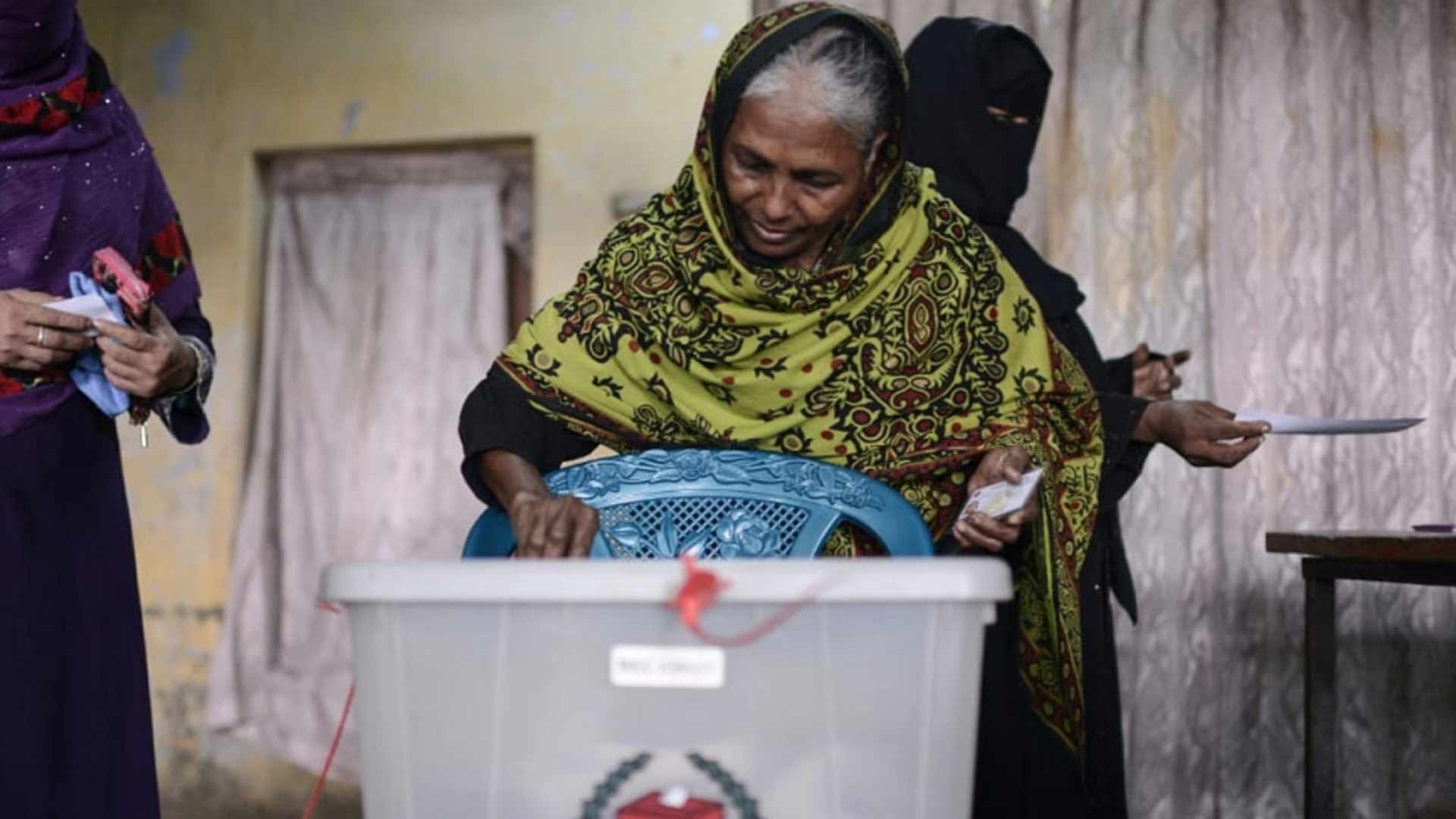Bangladesh is pivotal following the student-led uprising that ousted Prime Minister Sheikh Hasina in August 2024. The interim government, led by Nobel Peace Prize laureate Muhammad Yunus, has proposed holding municipal elections by the end of 2025 as a preliminary step towards restoring democratic governance. This initiative has sparked a diverse discussion regarding its potential effectiveness in reinstating democracy and navigating the nation’s complex political landscape.
The Rationale Behind Municipal Elections
Proponents of the interim administration’s proposal assert that initiating municipal elections is crucial for rebuilding democratic institutions at the grassroots level. The plan aims to decentralise authority by empowering local governments, ultimately fostering a more participatory form of governance. This strategy seeks to tackle the hyper-centralisation typical of previous regimes, often leading to unchecked executive power and widespread corruption. Decentralisation enhances transparency, accountability, and public trust in governmental processes.
Challenges and Criticisms
Although the strategy possesses several theoretical advantages, it faces significant criticism. Given the many reforms required to provide a free and fair electoral process, many contend that the election timetable is overly ambitious. The interim administration has established multiple reform commissions tasked with rewriting the constitution, electoral system, judicial system, and law enforcement institutions. The efficacy of these commissions is currently under scrutiny, raising concerns about their ability to effect substantial changes within the anticipated period. The lack of a unified national commission has raised worries regarding fragmented and inconsistent developments.
Moreover, the political situation remains fragile. Several political parties, including the Bangladesh Nationalist Party (BNP), have expressed apprehensions regarding the interim administration’s dedication to a transparent electoral framework. The public’s scepticism about the administration’s objectives and ability to facilitate a genuine democratic transition has been exacerbated by inconsistent statements from interim leaders, resulting in contradictory declarations. Without a cohesive policy, the nation may become further polarised, jeopardising the stability necessary for credible elections.
Socio-Economic Implications
A democratically elected administration’s prolonged absence has resulted in economic and social turmoil. Foreign investment has declined, unemployment has risen, and public anger has intensified due to delays in reinstating democratic administration. Although structural improvements are essential, the interim government’s emphasis on these reforms has shifted attention from urgent economic assistance measures. The public’s trust in the transitional process has diminished due to this negligence, resulting in accusations that the administration is disconnected from the pressing concerns of the populace.
The Path Forward
For the proposed municipal elections to serve as a genuine catalyst for democratic restoration, several critical actions are imperative:
- Comprehensive and Inclusive Reforms: Consequently, the interim administration must ensure that reform commissions operate transparently and inclusively, incorporating a variety of political and civil society perspectives to achieve consensus on the future direction.
- Clear and Consistent Communication: To clearly convey the electoral roadmap, it is essential to develop a communication strategy that is both coherent and cohesive. This will alleviate public uncertainty and foster confidence in the process.
- Immediate Socio-Economic Interventions: Targeted initiatives addressing pressing economic issues can ease public suffering and demonstrate the interim government’s commitment to citizen welfare.
- Ensuring Security and Rule of Law: Strengthening law enforcement agencies to maintain order and protect human rights is crucial to create an environment conducive to free and fair elections.
In conclusion:
The interim administration’s proposal to conduct municipal elections by the end of 2025 could initiate the restoration of democracy in Bangladesh. However, its success depends on the nation’s capacity to tackle the numerous political, social, and economic challenges it currently faces. Adopting a comprehensive and inclusive plan is essential to effectively navigating this complex transition and providing a foundation for a democratic and stable future.

